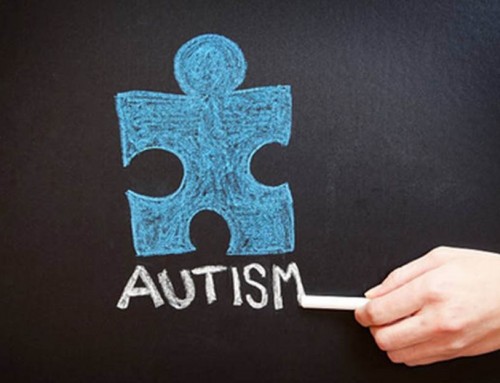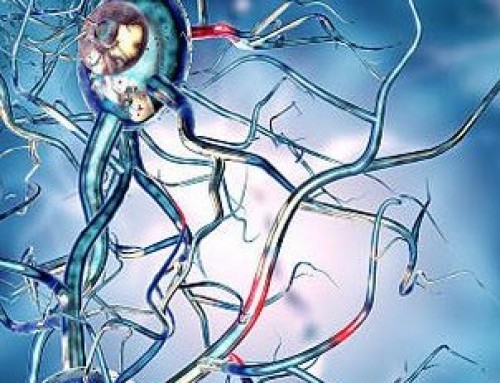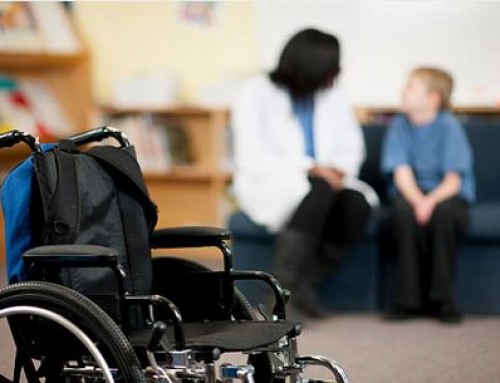Male Menopause May Have a Cure on the Horizon
 It’s been long understood that testosterone levels in men tends to drop off with age. The condition is clinically called male hypogonadism and can affect as many as one third of older men.
It’s been long understood that testosterone levels in men tends to drop off with age. The condition is clinically called male hypogonadism and can affect as many as one third of older men.
Many treatment options have surfaced over the years; but most of those come with a host of risky side effects. The field of regenerative medicine, using stem cell treatment is starting to hold out promise as a new treatment option.
Risks of Low Testosterone
Men with hypogonadism run a number of health risks. Namely, they experience varying degrees of the following:
- Decreased sexual drive
- Lower muscle density
- Lower bone strength
- Elevated risk of mood swings
Current Treatment Options
Those impacted by this condition are typically treated with some form of testosterone replacement therapy.
Replacement therapy comes with a couple very serious risks. Namely, patients need to be concerned with venous thromboembolism or a deep vein thrombosis. These potentially life threatening blood clots force many patients to rethink their treatment options.
Treatments carry enough risk that the FDA started to require manufacturers to provide a warning of the potential health risks.
Stem Cells – More Than Just a Treatment
Researchers are evaluating options for converting stem cells into Leydig cells. Leydig cells are the cells that produce the hormones that the body converts into testosterone.
Yadong Huang, from Jinan University in China is leading a research study where his team is using stem cells to create Leydig cells. Those cells are then successfully transplanted into male mice with hypogonadism. The result was restored testosterone levels in the mice.
This early stage research holds serious promise for future stages of clinical trial.
“Our study is the first to report a method for generating Leydig cells by means of direct cell reprogramming. This alternative source of Leydig cells will be of great significance for basic research and provides the attractive prospect of clinical application in the field of regenerative medicine.” Yadong Huang
References:
Yan Yang, Ziyi Li, Xupeng Wu, Haolin Chen, Wenting Xu, Qi Xiang, Qihao Zhang, Jie Chen, Ren-Shan Ge, Zhijian Su, Yadong Huang. Direct Reprogramming of Mouse Fibroblasts toward Leydig-like Cells by Defined Factors. Stem Cell Reports, 2016; DOI: 10.1016/j.stemcr.2016.11.010





